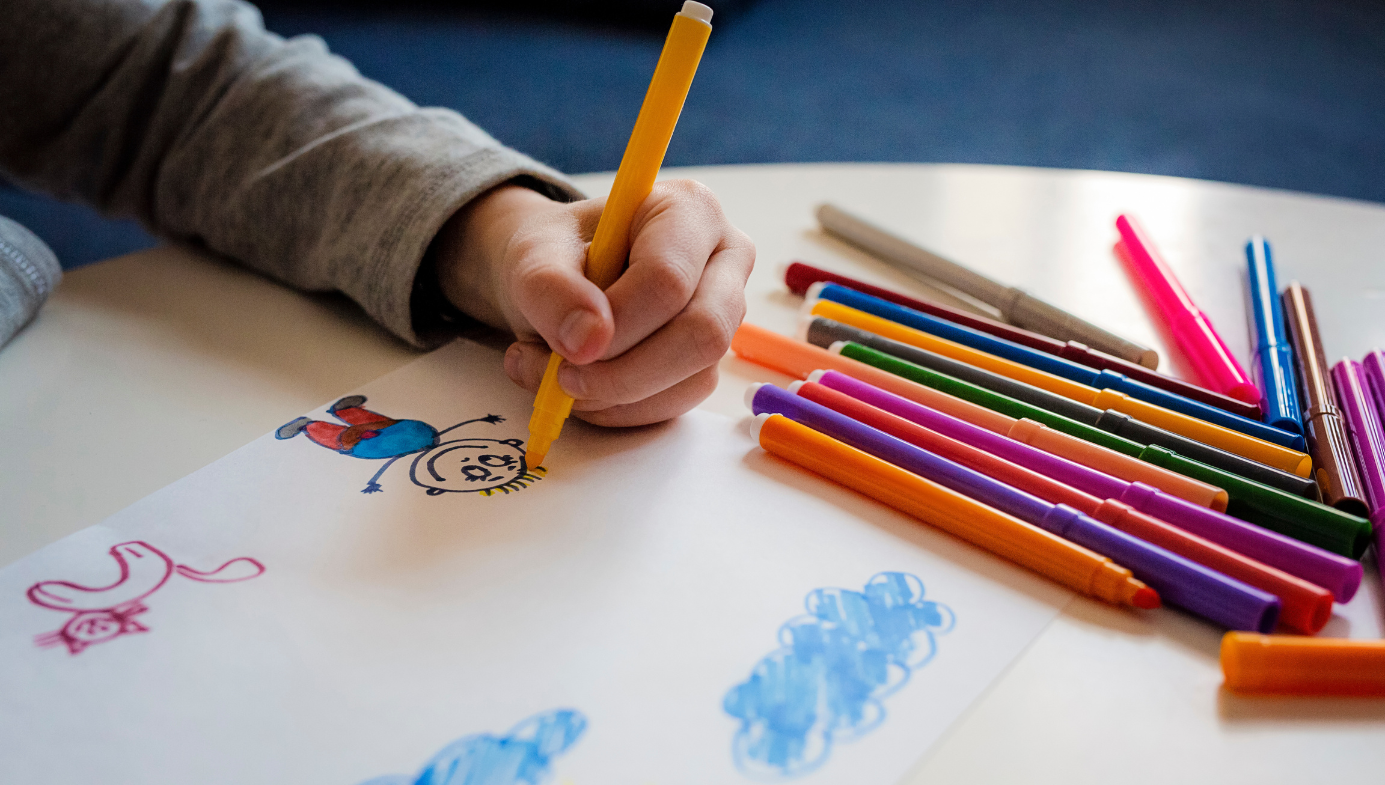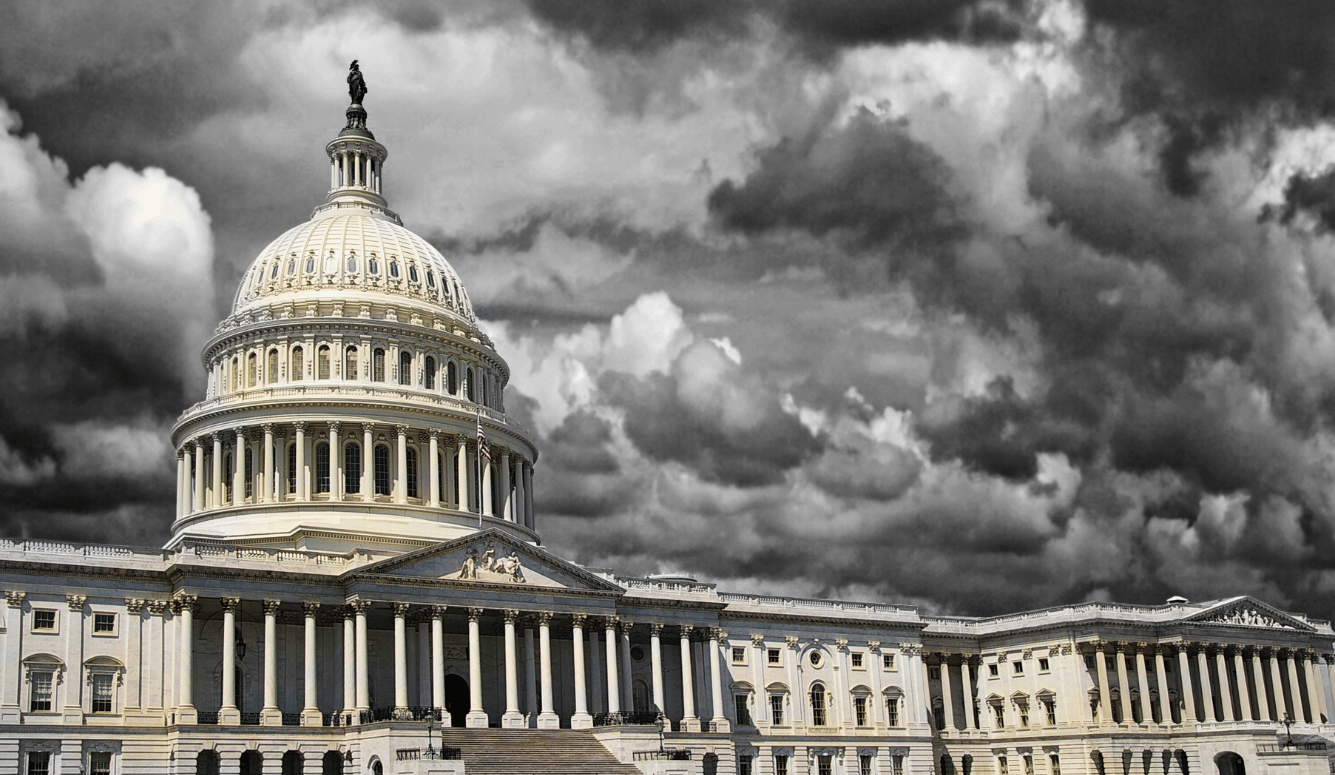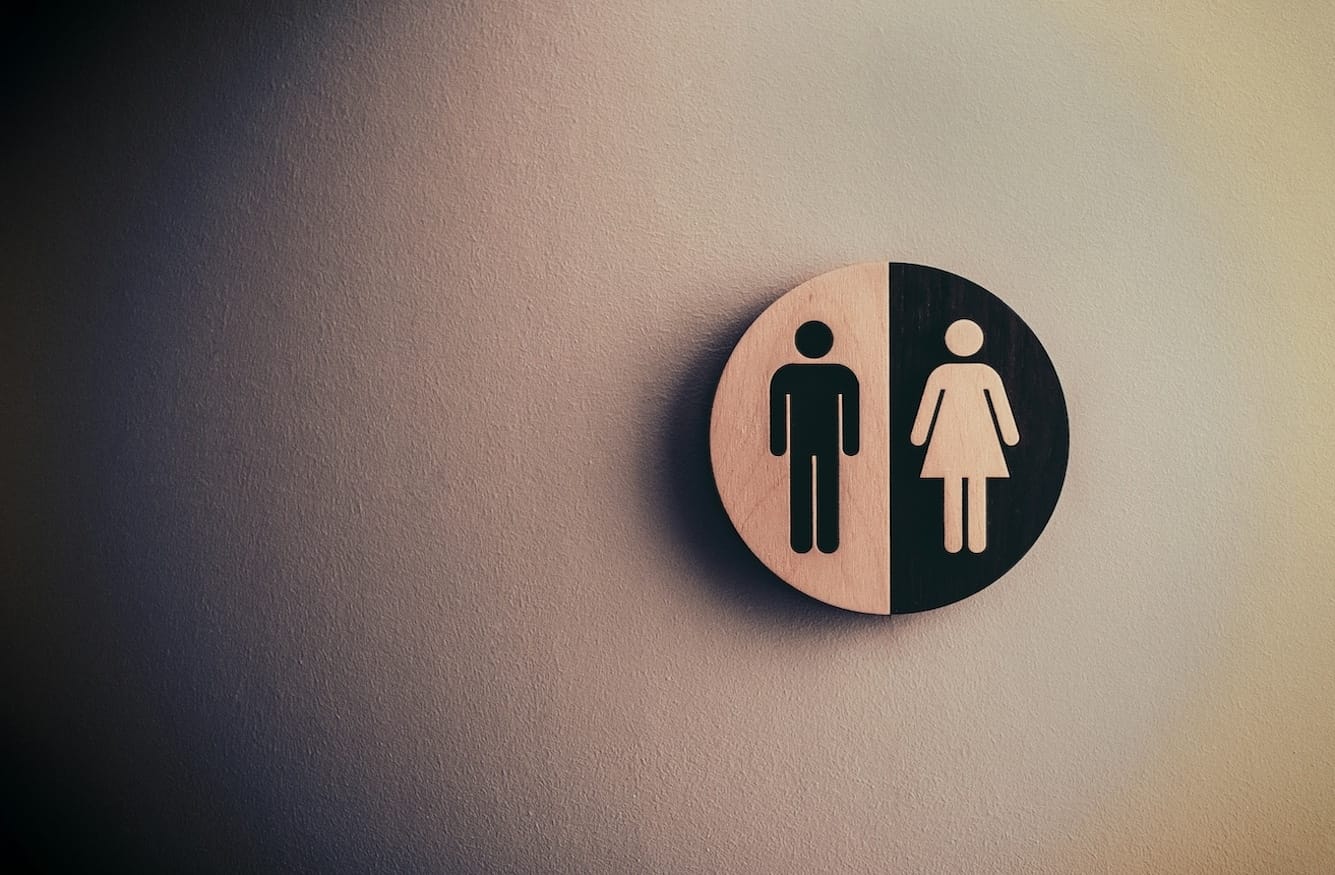Politics
Fables of the Deconstruction
Rejection may sting. But it’s not the same as being ripped off.

Imagine, if you will, a land where most people are right-handed: where most tools, office supplies, musical instruments, sporting equipment and other common products are designed for right-handers; where Kindergarten instructions in fine motor skills like drawing or crafting are aimed at right-handed children; and where right-handedness is generally assumed to be everyone’s mode of holding a pen, a fork, or a phone. Now in this land, the relatively few left-handed people have learned to live with these constant small slights and inconveniences, and many of them have, of necessity, become functionally ambidextrous—otherwise they’d be forever stuck with upside-down guitars and mouse pads on the wrong side of their desks.
But imagine that the lefties eventually start to resent their second-class position and all the little insults that go with it. Imagine that, over time, their unity as a group—in contrast to the right-handers, who are otherwise so varied they don’t really see themselves as a single culture—gains them a measure of political clout, and they persuade the government and other big institutions to mandate accommodation of left-handed employees and clients. Next, imagine that left-handedness is posited as not just a quality to accept but a special credential to recognize, and that anyone in public service is expected to switch hands when circumstances (like the selection of available stationery or hardware) dictate. Naturally, this means the leftie workers, who’ve long had to build manual dexterity in their second, weaker hands, now have an edge in hiring and promotion. Since we’re bound to treat both categories as equals, the solely right-handed group, though dominant everywhere else, is stuck with a serious hindrance. In our imaginary land, then, what began as a stigma is gradually tolerated as a neutral status, and finally elevated into a mark of distinction that entitles bonus pay.
Can you think of any situations where this fable might apply in the real world? I would cite the official French-English bilingualism of the Canadian state, now in force for some 50 years despite census figures showing that just 21 percent (and shrinking) of the Canadian population is Francophone. Some might point to controversial Affirmative Action policies in the United States, whereby the job or academic applications of minorities are weighted to boost their eligibility, no matter what other criteria are met or unmet. And employers in many places now order staff to indicate their preferred pronouns in email signatures, even though statistics suggest that transgender people, to whom personal pronouns are a crucial aspect of identity, comprise the merest fraction of the overall workforce.
In each case, something that originated as a reasonable concession to the realities of diversity—an acknowledgement that there are many types of people, and some people have in the past been handicapped for being the wrong type—is inverted to become something closer to an obligatory celebration of them. A principle of not playing to the odds-on favorite becomes a rule that we must always default to the underdog. To make sure everything evens out, we have to be a little disproportionate. In order that nobody feels excluded, somebody else has to make way. It’s no longer just okay to be different; now it’s better.
This epochal shift in societal attitudes is still difficult for some to admit. Indeed, the prevailing fable retold in schools and courts is not like this one, in which left-handedness goes from a liability to a kind of asset, but closer to the famous “Blue Eyes, Brown Eyes” experiment of 1968. There, Iowa third-grade teacher Jane Elliott used the arbitrary distinction of her students’ eye color to impart a lesson on the cruelty and irrationality of racism by subjecting the “inferior” blue-eyed kids to a range of demeaning treatments (belittling their class work and calling them dirty, for example). Widely covered by approving reporters and replicated by approving educators in the decades since, the Blue Eyes, Brown Eyes parable remains the underlying rationalization behind bilingualism, Affirmative Action, and gender-specifying emails, whether the rationalizers are aware of the original exercise or not.
The experiment offered an easily comprehensible lesson about unfairness that everyone can grasp. “Why are we so worried about the fragile egos of white children who experience a couple of hours of made-up racism one day when blacks experience real racism every day of their lives?” asked Elliott in defence of her project, as reported in Stephen Bloom’s 2021 book Blue Eyes, Brown Eyes: A Cautionary Tale of Race and Brutality. Through no fault of their own, runs the moral, some people are permanently vulnerable to the whims of an oppressor class, so they must be permanently protected by law or permanently granted special consideration by custom. And if you’re one of the oppressor class yourself—even if you’ve never committed any oppression—well, that’s tough.

So familiar has this fable become that even those it casts as the bad guys now accept that it is the only game in town: think of those mutterings about how the best way to win a government job or an arts award is to identify as a disabled black lesbian, or some other advantageous combination of disadvantages. “If you are looking at a white person who was born, reared, and schooled in the United States, then you are looking at a racist,” Jane Elliott flatly declared in 1993, long before Robin DiAngelo or Ibram X. Kendi made similar assertions in bestselling books. “Blacks aren’t racist; they are only reacting to the actions of whites.” Bigotry is everywhere and explains everything, runs the standard message, so anything done in the name of opposing it is non-negotiable.
There are also the scandalous stories of public figures (e.g., Canadian novelist Joseph Boyden, Spokane Washington’s NAACP head Rachel Dolezal, US Senator Elizabeth Warren) whose claims of non-white heritage are debunked only after they’re first parlayed into a leg up on the ladders of politics or publishing. More than 50 years later, the Blue Eyes, Brown Eyes allegory continues to be the one informing our public conversation, even though it’s more likely to be the Left-Handed, Right-Handed dystopia that many of us complain about in private. For an idea grown out of good intentions—that we ought to help people disparaged or dismissed in history by allowing them a bit of extra attention today—the official sympathy that special populations receive as their due has acquired a reputation for orthodoxy, cynicism, and corruption.
In his 1994 book In Defense of Elitism, the late William Henry saw the big picture: “The problem in contemporary America is that our awareness of life’s capriciousness has translated into guilt whenever things go well,” he wrote. “The mass media and the political tactics they have bred (lobbying, demonstrations, press conferences, and photo opportunities) have made us all much more aware of the disadvantaged. We have responded not just with compassion but with deep self-doubt. Winners no longer feel they have a right to exult in their victories. Losers no longer feel so responsible for the depth of their defeat, regardless of the facts of the case.” In Henry’s perspective, Jane Elliott’s classroom demonstration of 1968 has succeeded all too well. Now, when there are any gaps in achievement or status between groups, a hidden bias is immediately suspected, no other explanations can ever be countenanced, and corrective remedies must always be implemented.
This may be why we’ve naturally, and rightly, felt sorry for the blue-eyed children, but why there’s also been a resentful backlash against the left-handers. No one wants anyone else to suffer unjustly. Yet maybe there should still be such a thing as earned suffering, at least in the sense of being in some way less than someone else—less talented, less industrious, less conscientious, maybe even less representative of the majority—confers a real penalty, and not one that gets automatically pardoned. Nearly all of us accept one or another judgment like this in daily life: plain-looking people who know they’ll never be supermodels, athletes who know they’ve been beaten by a stronger team, job candidates who know they lack a crucial credential, students who know they haven’t studied as hard as a more diligent classmate, and so on. Depending on the context, anyone can be disappointed with an outcome and nevertheless admit that it was the outcome they deserved. Rejection may sting. But it’s not the same as being ripped off.
At the bottom of our current cultural and political conflicts is the question of how we determine exactly where rejection shades over into ripoff: whether a certain level of inequality is merely the overhead of pluralism, or at what point the inequality really can be blamed on some outside prejudice that has tipped the scales. The Blue Eyes, Brown Eyes answer is to lay blame, while the Left-Handed, Right-Handed answer is to quit complaining and just pay the overhead. One side sees a problem that’s ongoing and indefinite, while the other sees one that’s already been solved—and that endlessly applying new solutions threatens to do as much damage as whatever it is they were supposed to fix. Insofar as any of us has time to reflect on these big, broad issues before returning to our individual concerns, it’s through these metaphors—symbols, analogies, call them what you will—that they’re understood.
Perhaps what we can all hope for today is just to begin telling ourselves a revised story. Instead of a story populated by villains and victims—the narrow-minded conservatives against the rainbow of free spirits; the woke police against the dissenting independents; left-handers against right-handers; brown eyes against blue—we can tell a story filled with ordinary citizens. And in this one, the quest for security, success, or fulfillment of personal potential is open to everyone and everyone’s progress is measured impartially. This story doesn’t introduce unforeseen twists in which those who can’t get as far as others are moved to the front of the line, starting with an additional burden requires the unburdened to be held back, and being average and conventional are seen as unmerited privileges. Those are fables that, these days, more and more in the audience are finding harder and harder to believe.





